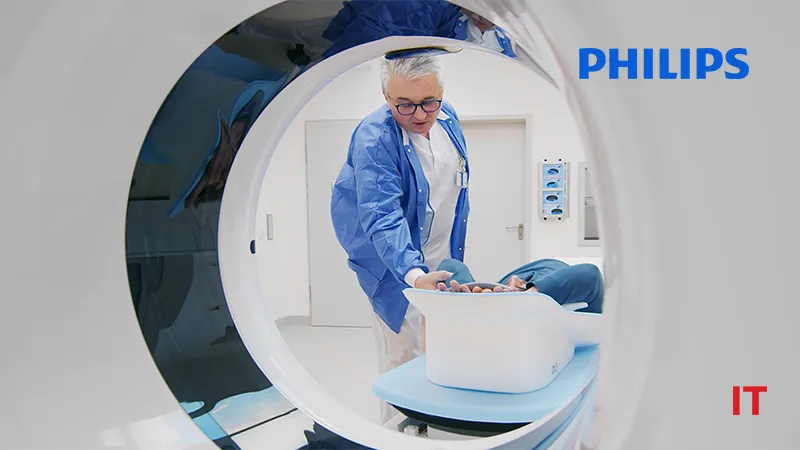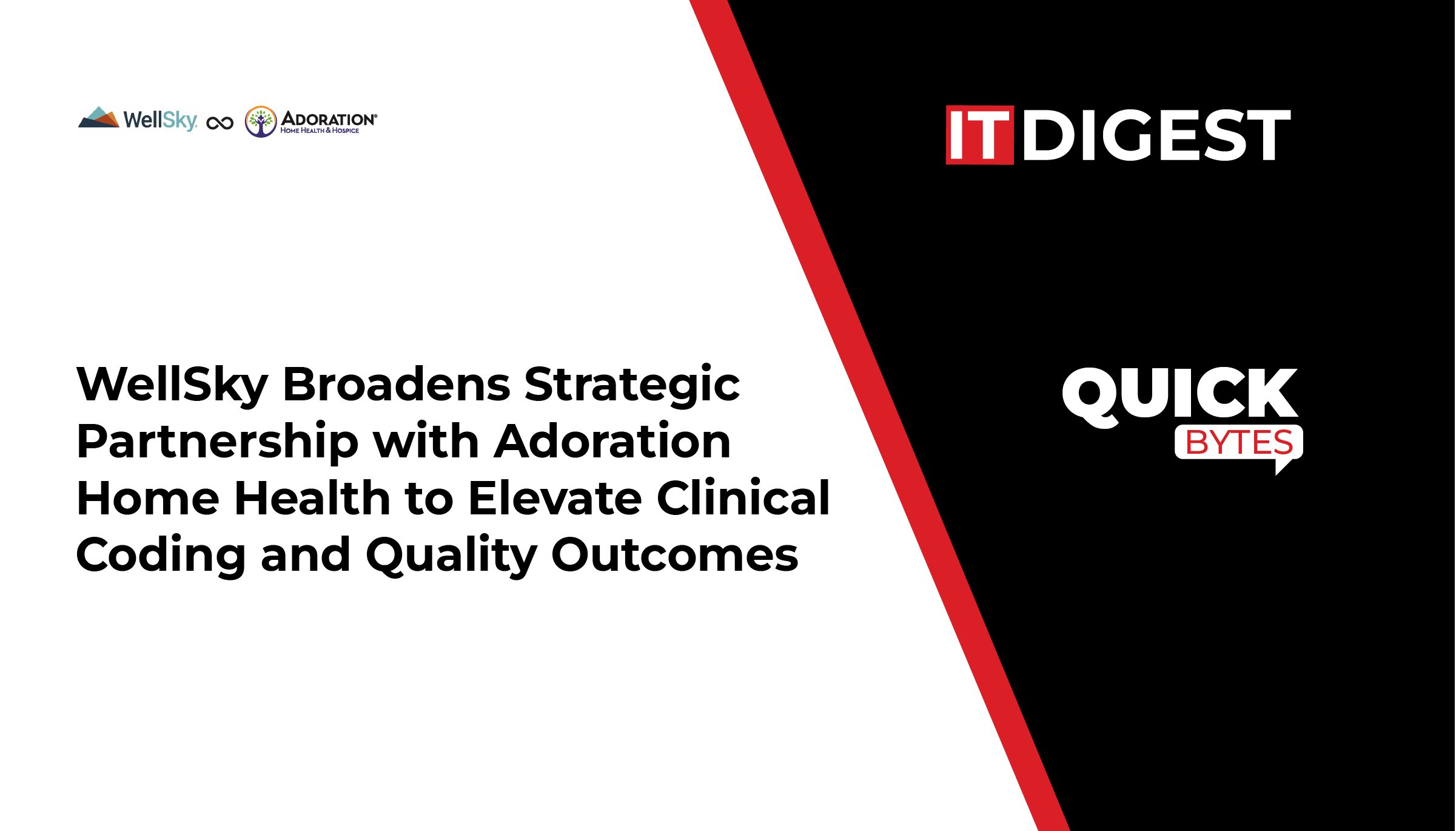Royal Philips, a global leader in health technology, announced a boost in confidence in clinical decision-support with AI and smart workflow automation capabilities in the company’s recently introduced CT 5300 system, which is making its North America debut at RSNA 2024. Key to this latest innovation is Philips’ CT Smart Workflow featuring a comprehensive suite of AI-enabled ‘Precise’ software solutions that assist at every step of the CT workflow, freeing technicians and radiologists from routine, time-consuming tasks and allowing them more time to focus on their patients.
“By equipping the CT 5300 with our unique NanoPanel Precise detector and ultra-low noise Precise Image reconstruction technology, together with our latest AI-driven CT Smart Workflow solutions, we are integrating hardware, software, and AI to make high-quality care more productive, cost-effective, and widely accessible,” said Dan Xu, CT Business Leader at Philips. “The productivity and diagnostic confidence enhancements that AI can deliver to CT imaging empower care teams and ease departmental workflow, helping to mitigate today’s chronic shortage of highly skilled radiologists and technicians.”
End-to-end AI-driven smart workflow
Philips CT Smart Workflow solutions include camera-based Precise Position, which improves the accuracy of vertical positioning relative to manual positioning by up to 50% during scan preparation, increases user-to-user consistency by up to 70%, and reduces positioning time by up to 23%. Also included is Precise Cardiac, which compensates for cardiac motion to improve visualization of the coronary arteries during CT imaging, even in patients with a rapid heartbeat, and Precise Brain, which automatically reformats scans to help improve visualization for fast confident diagnosis of the respective anatomies. In addition, Precise Image delivers fast, high-quality image reconstruction with an 80% lower radiation dose, 85% lower noise, and 60% improved low-contrast detectability, making the CT 5300 ideal for sites developing cardiac programs and ultra-low dose screening.
Also Read: Sirona Medical Raises $42M in Series C for Unify Platform
CT 5300 is seamlessly integrated with Advanced Visualization Workspace, Philips’ comprehensive, scalable AI-enabled image post-processing platform. This platform is designed to streamline radiology workflows to help deliver high-quality care, enhance diagnostic confidence, and speed image reading and reporting. The unique clinical depth and deployment capabilities of Advanced Visualization Workspace allow it to scale to meet changing clinical needs and future expansion.
Collaboration with Annalise.ai for triage evaluation in emergency departments
Philips also announced a pilot with medical imaging AI solutions company Annalise.ai to investigate the feasibility of Annalise Critical Care AI – a comprehensive critical case triage support solution – to enhance triage support and optimize workflows for conditions like traumatic brain injury (TBI), which require time-critical intervention. This newly announced collaboration aims to evaluate ways to further streamline workflows and prioritize time-sensitive cases. The collaboration will investigate integrating Annalise Critical Care AI – the most comprehensive AI-driven triage product for chest X-ray and non-contrast CT of the brain available in the USA. By flagging and prioritizing 12 time-sensitive clinical findings often encountered in emergency departments, these AI capabilities help clinicians focus on the most critical cases. This is particularly valuable during nights and weekends when fewer staff are on duty, and delays in intervention pose a significant risk to patients.
“This is an exciting time for radiology. Our solutions are designed to streamline workflows and boost productivity for radiology teams. Together with Philips, we look forward to making high-quality care truly accessible,” said Dimitry Tran, co-founder and deputy CEO of Annalise.ai.
Critical Care AI has been shown to improve median report turnaround times by up to 39%. It is the first computer-aided detection triage device to receive FDA Breakthrough Device Designation and secure NTAP (New Technology Add-on Payment) for obstructive hydrocephalus (water on the brain) detection. Philips will also be evaluating the Annalise Enterprise CTB solution – a comprehensive clinical decision-support solution that can detect up to 130 radiology findings – for sites outside of the USA.
Source: Royal Philips
































